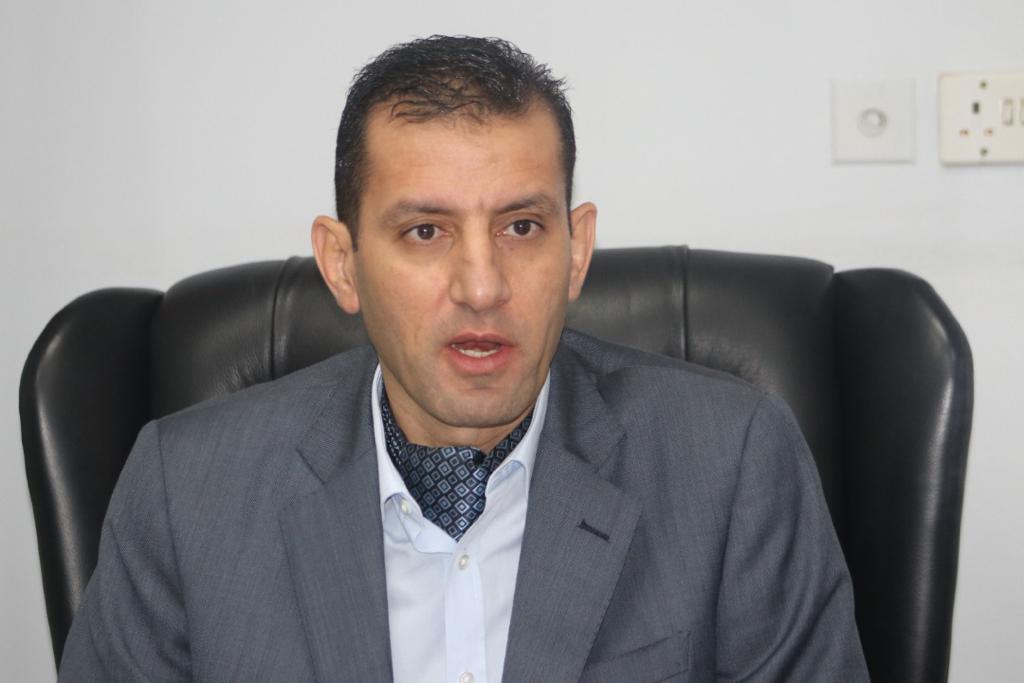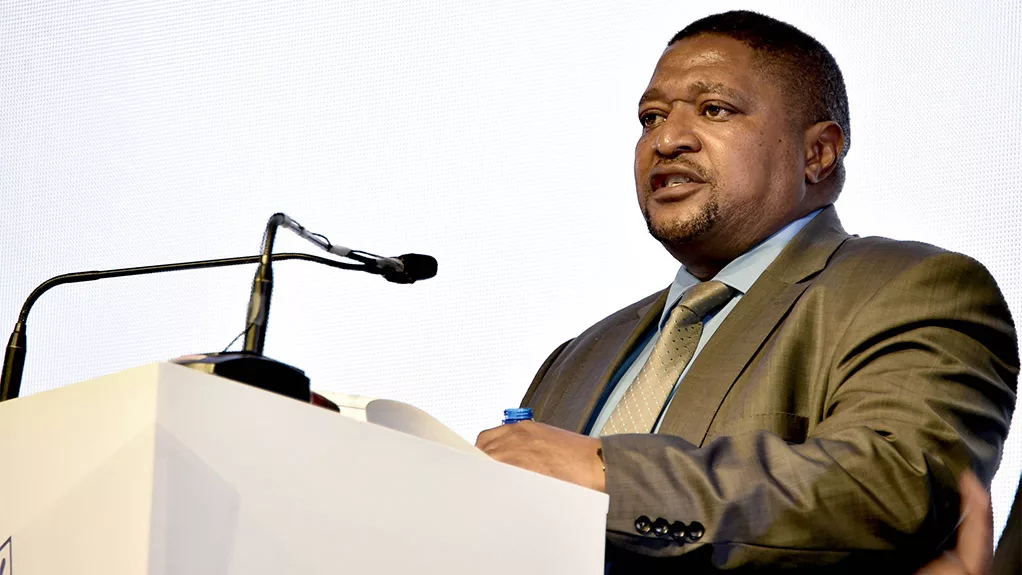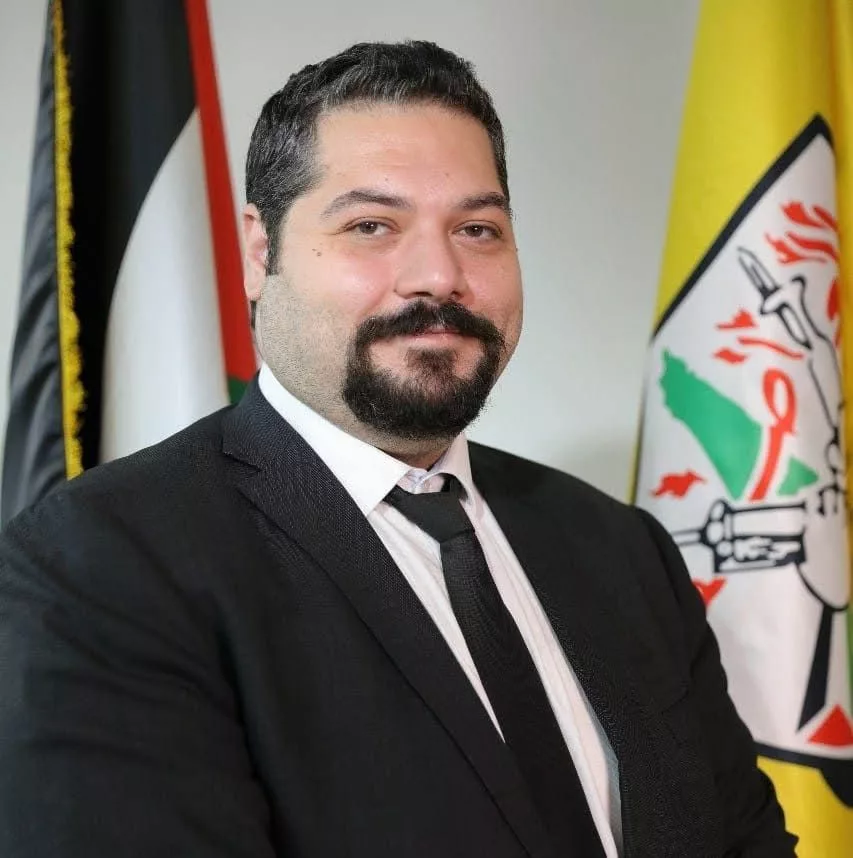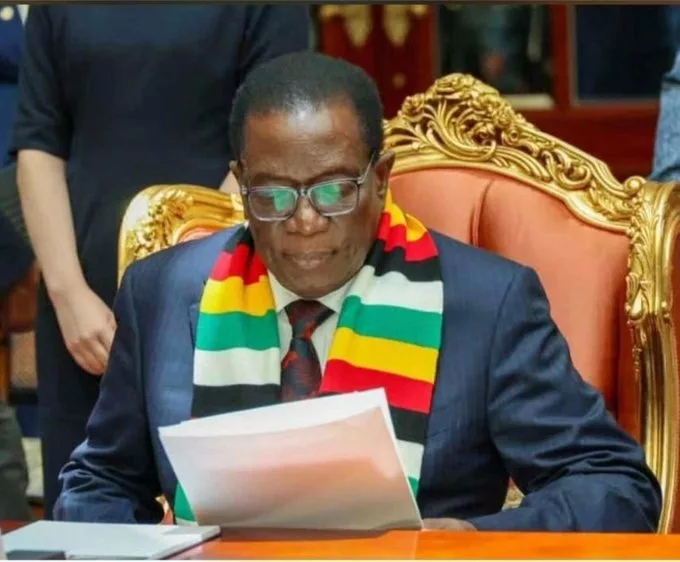|
Getting your Trinity Audio player ready...
|
Writes Lovemore Chazingwa
As the war in the Gaza Strip continues to take its toll on human life, Palestine TV correspondent, Amr Al-Daoudi collapsed on duty while covering the conflict live at his broadcasting centre, last Monday afternoon.
A video clip of Al-Daoudi in press gear succumbing to what was termed “exhaustion and famine” circulated on social media, further raising widespread condemnation of the stranglehold on Palestine by the Israeli forces, which is “escalating famine and starvation among Palestinian people.”
As Al-Daoudi dedicated to duty on the day, he could be viewed as failing to finish off wiring his report to an unidentified female presenter in the Palestine TV studio.
In 8-minute long video footage capturing the tragedy, the base anchor presenter is cut off her track of the unfolding story and visibly stands alarmed at the disappearance of Al-Daoudi from his base.
Her abrupt curiosity-laden shouts of Amr’s name send a gloom signal.
Add to that, a wrecked background scene indicates a ravaged country. An out-of-control fallen camera paints further a gloomy picture of the fate of the journalist.
A heart-rending message immediately follows that the reporter has breathed his last.
“Palestine TV Correspondent Amr Al-Daoudi collapsed from exhaustion and famine as Israel continues its starvation war and siege on Palestinian people in Gaza Strip,” reads a scrolling footnote to the video clip.
Al-Daoudi adds a statistic to the growing number of media personnel, including journalists, who have lost their lives on deck in the ongoing conflict in the world’s most populous territory, the Gaza Strip.
The number of media practitioners killed as a result of the attacks by Israeli forces on Palestine is galloping northwards.
Broadcaster, filmmaker, and a senior staffer at a Zimbabwean independent national TV station, Moses Matanda expressed dismay over the destruction of mainstream information channels.
“We lost a voice that contributes to democracy. It’s not only barbaric to kill defenseless journalists, but a total destruction of formal dissemination of information avenues.”
Public policy and political risk analyst, Effie Ncube delves on the impact of that grim development.
“The media is the eyes and ears of humanity. It is the mirror that reflects who we are, sometimes in real-time on live news.
Therefore, the death of a journalist constitutes the blinding and muting of humanity with all its consequences. All sides in a conflict and the international community, as a whole, have a duty to ensure the safety of reporters. All sides must abide by laws governing conflicts. At no stage should civilians be targeted. Lives lost on both sides of the Israeli-Palestine conflict, just like in any other for that matter, are a loss to humanity. None of us, anywhere on earth, should ever live in fear of war. None should die in conflicts whether they are men, women, children, or journalists,” says Ncube.
Israel says it intends to wipe out Palestinians and fully occupy their land while Palestinian people have vowed to resist those intentions to the core.
Some influential global voices describe the international community’s stance as “exhibiting stark division and damning double standards over the state of affairs in the Middle East, especially the current situation panning out in Gaza Strip.”
After South Africa filed a case to the effect that Israel was in breach of International Law over its continued indiscriminate offensive on Palestinian people and territory, the International Criminal Court (ICC) has sagged to SA’s call and condemned Israeli actions in the Gaza Strip. However, the court has not yet passed judgment on the historic matter.
Wits University, Research Associate, Centre for the Study of the United States, international scholar Dr Gideon Chitanga,
highlights the fierce urgency of a new principle in his analysis of the death of Al-Daoudi.
“There are two dimensions to it. One is just the grave situation that journalists who’re covering the conflict between Israel and Palestine, specifically in Gaza, continue to face. The number of journalists killed is worryingly bigger than in any other conflict that we know. The gravity of conditions in Gaza is another point also graphically emphasized. The need for humanitarian interventions cannot be ignored. The urgent call to end this conflict sounds even louder. That very conviction for a ceasefire itches deeper to give the population of Palestine some relief so that, at least, they can recover the lack of all socio-economic facilities to address the health conditions.”
Palestine ambassador to Zimbabwe HE Dr. Tamer Al-Massari has always reiterated that Palestine will fight for self-rule and sovereignty.
“The state of Palestine reiterates that there will be no peace with the policy of annexation and apartheid. Not until Israeli aggression against the Palestinian people halts. Palestinian people will continue their national struggle until they win their legitimate rights and establish their independent, sovereign state with Jerusalem as its capital,” vows Dr. Al-Massri.






